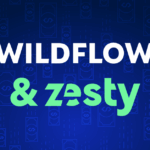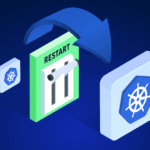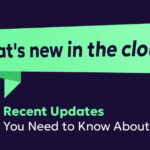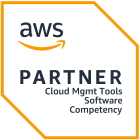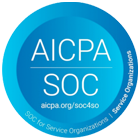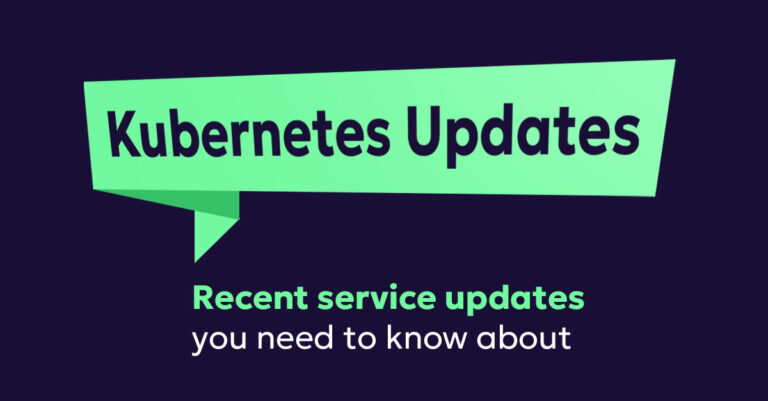
Kubernetes Updates – March 2025
March 2025 Kubernetes Updates: What’s New from AWS, Azure, and GCP
March was packed with meaningful Kubernetes service updates across all three major cloud providers—AWS, Azure, and GCP. From faster autoscaling to startup latency monitoring and extended version support, here’s a look at what’s changed and how it might affect your clusters.
AWS: Upgrades, Automation, and Extended Support
Kubernetes 1.32 Launches in Amazon EKS
Amazon EKS now supports Kubernetes version 1.32, bringing improvements like better memory management, PVC cleanup automation for StatefulSets, and support for custom resource field selectors. Notably, this version is the last to support Amazon Linux 2 AMIs.
EKS Auto Mode Handles Cluster Upgrades
Upgrading Kubernetes clusters just got easier. EKS Auto Mode now automates not only the control plane upgrades but also node replacements and the updating of critical add-ons like VPC CNI, CoreDNS, and Karpenter.
Extended Support for Kubernetes Versions
AWS now provides extended support for Kubernetes versions beyond the standard 14-month lifecycle. This gives teams extra time to plan upgrades while still receiving security patches for the control plane and key components.
Azure: Cost Tools, Retirements, and Private Link Support
Optimize AKS Costs with New Cost Management Features
Microsoft added Kubernetes-aware views to its Cost Management tool, making it easier to analyze AKS spending by namespace or resource. It’s a powerful way to identify inefficiencies and right-size workloads.
HTTP Application Routing Add-On Retired
As of March 3, the preview version of the HTTP Application Routing add-on for AKS has been retired. Users should migrate to alternative ingress solutions before their workloads are affected.
Azure Linux 3.0 Support Now in AKS Preview
AKS now supports Azure Linux 3.0 (preview), offering another OS option for container workloads. This provides greater flexibility for teams aiming to standardize around Microsoft-maintained images.
AKS Resources Now Compatible with Azure Front Door Private Link
AKS now integrates more securely with Azure Front Door by supporting Private Link-enabled origins, helping teams protect traffic between AKS and the edge network.
GCP: Autoscaling Enhancements and Deeper Observability
Monitor Kubernetes Startup Latency in GKE Console
A new Startup Latency dashboard in the GKE console allows teams to monitor pod and node boot-up times. This feature is especially helpful for optimizing cold start performance and debugging startup delays.
New Performance HPA Profile for Autopilot Clusters
Starting with GKE version 1.32.1-gke.1729000, Autopilot clusters now use a Performance HPA Profile by default. This enables faster and more scalable autoscaling by routing metrics through the gke-metrics-agent.
New GKE Rollup Metrics Now Available at No Charge
GKE now exports four new rollup metrics out of the box for TPU NodePools and JobSets:
- Recovery time for NodePools and JobSets
- Interruption intervals for JobSets
- Uptime tracking for JobSets
These metrics give teams more visibility into availability and performance—especially for AI/ML workloads running on GPUs and TPUs.

